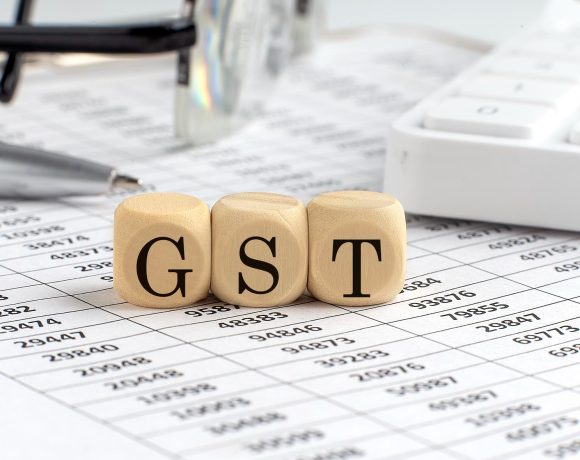
GST Notice to Pani Puri Vendor Sparks Online Uproar
A pani puri vendor recently received a Goods and Services Tax (GST) notice for transactions amounting to ₹40 lakh, drawing widespread attention and amusement on social media. The incident highlights the growing scrutiny of unorganized businesses and their tax compliance.
The Notice and Its Implications
The GST department issued the notice after detecting high-value transactions linked to the vendor’s business. Officials stated that the vendor’s financial activities exceeded the threshold for GST registration, necessitating a review of tax compliance.
While such cases are not unheard of, they underscore the government’s efforts to bring unregistered businesses under the formal tax system.
Social Media Reactions
The news quickly went viral, sparking a flurry of reactions on social media. Many users humorously suggested career changes to selling pani puri, joking about its unexpected profitability. Memes flooded the internet, with one user commenting, “Who knew golgappas could be this lucrative?”
Others, however, highlighted the challenges faced by small vendors in navigating tax regulations. “This is a wake-up call for policymakers to simplify tax procedures for micro-businesses,” noted an economist on Twitter.
Challenges for Small Vendors
Tax compliance remains a significant hurdle for small and unorganized businesses in India. Many operate without formal accounting systems, making it difficult to track and report income accurately. Experts argue that such incidents point to the need for better education and support for small-scale entrepreneurs.
A Broader Debate on Informal Economy
The incident has reignited discussions about India’s informal economy, which accounts for a large portion of employment but often operates outside the tax net. While some view the enforcement as necessary for transparency, others call for a balanced approach to avoid overburdening small vendors.
The pani puri vendor’s case serves as a reminder of the complexities involved in formalizing India’s vast unorganized sector, raising questions about the balance between compliance and support for grassroots entrepreneurs.


















